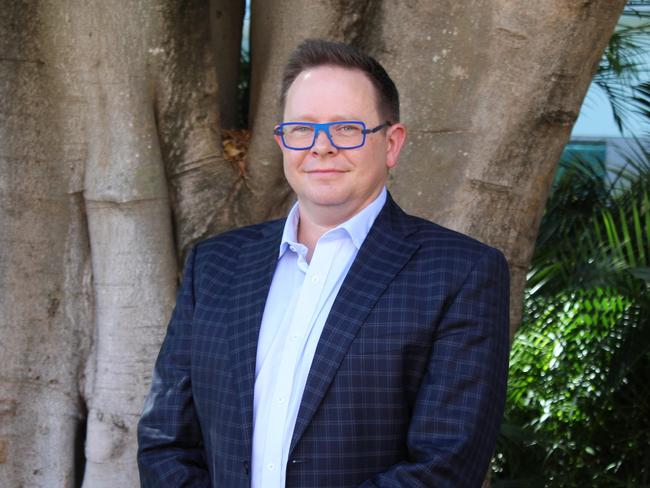Queensland experts warning vaccines might not prevent transmission of coronavirus
Queensland experts are warning that even after vaccinations, people could still get and spread COVID-19.
QLD News
Don't miss out on the headlines from QLD News. Followed categories will be added to My News.
COVID-19 transmission may not be stopped by vaccines despite efficacy results that are significantly higher than flu inoculations, experts say.
Queensland experts, who have backed major vaccines by Pfizer, Moderna and Oxford AstraZeneca, say it is unknown whether the jabs will prevent transmission of the virus.
It comes as Moderna last week reported 100 per cent efficacy against severe COVID-19 as part of their Phase 3 COVID vaccine study.
Six new cases in Qld hotel quarantine forces fresh air break suspension
Australian Catholic University Medical Science Senior Lecturer Dr Roger Lord said in the short term it was unlikely that COVID-19 transmission would happen following vaccination, however viruses are known to be subject to antigen drift, which involves minor genetic mutations in a virus over time, meaning different formulations of the influenza vaccine must be used each year.
“This raises the question if the rate of any mutation is more rapid in one geographical location compared to another – for example, the difference in COVID-19 strains in the USA compared to those in Europe,” he said.
“So far there has only been two reported cases of individuals who have had COVID-19, recovered and then reacquired the infection again from a different location.
“Based on these observations this suggests that significant COVID-19 transmission following vaccination is unlikely.”
Mater Health Services Director of Infectious Diseases Paul Griffin said some vaccines do not specifically act by reducing shedding and therefore transmission.
“But a secondary outcome of reducing severity or duration of symptoms will definitely be a reduction in transmission – while it might not reduce the ability to spread by directly reducing people shedding for example, all of these vaccines will definitely reduce people’s ability to spread the disease,” he said.

“We know that this is transmitted by viral particles expelled into droplets, particularly when people cough for example, but if people are coughing less and for a shorter duration then there definitely going to be less likely to transmit.
“It might not be a direct effect, but it will definitely be an effect of all these vaccines in terms of reducing transmission in the community.”
University of Queensland Associate Professor Linda Selvey said although the answer was unknown, most vaccines that prevent disease do also prevent infection and transmission.
“I don’t see why this wouldn’t be the case for COVID-19, particularly as the vaccines are mainly targeted at eliciting neutralising antibodies, which prevent the virus from invading cells,” she said.
“If the virus can’t invade cells then it can’t multiply or cause an infection.
“It is unlikely that we will know the answer to this without implementing the vaccine across the population and/or undertaking COVID testing of vaccine recipients who are exposed to the infection.”
Griffith University infectious diseases Professor Nigel McMillan said another challenge of the vaccine was that it is unknown how long any vaccine works for.
“We don’t really know if it will stop transmission. Vaccines firstly stop disease remember and some will stop transmission,” he said.
“If we give it to children is not clear yet – we haven’t tested them in children formally yet.”
Originally published as Queensland experts warning vaccines might not prevent transmission of coronavirus


